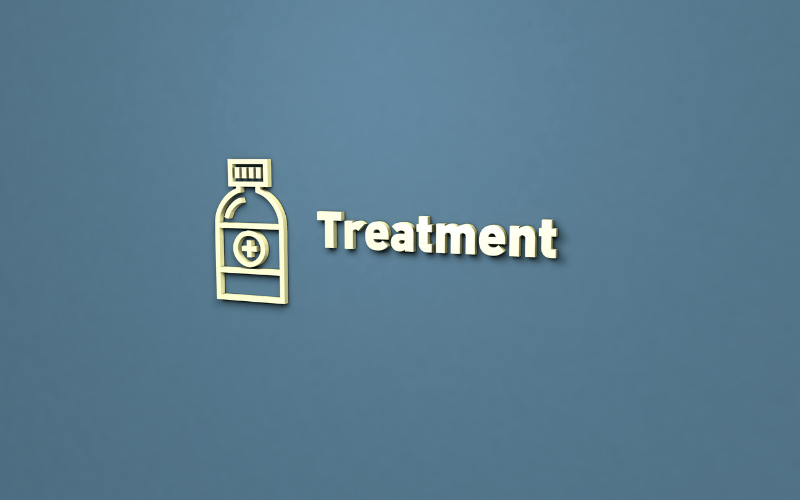Fact 7: Treatment Modalities and Outcomes

Treatment approaches for stomach cancer are as varied as the patients themselves. In the world of medicine, no two individuals are the same. Similarly, stomach cancer, with its varying types, stages, and individual health considerations, requires a customized treatment blueprint.
The cornerstone of many treatments is surgery. Depending on the cancer’s stage and location, a partial or total gastrectomy might be prescribed. Here, either a portion or the entire stomach is removed. This isn’t just about eliminating the cancer but also ensuring a patient’s quality of life post-operation. This involves reconstructing the digestive system to ensure food digestion remains as normal as possible.
Beyond surgery, there’s the realm of chemotherapy and radiation. These treatments might sound familiar but are profoundly complex. Chemotherapy utilizes a combination of drugs tailored to attack and kill cancer cells. Radiation, on the other hand, employs high-energy beams, precisely targeting cancerous cells, often in conjunction with chemotherapy. This duo can be a potent force, especially in advanced stages or for those unsuitable for surgery.
Emerging on the horizon are targeted therapies. These aren’t your typical treatments. They’re meticulously designed to target specific genetic mutations or proteins that cancer cells harbor. They’re like snipers, taking out their targets with precision, causing minimal collateral damage. Immunotherapy, another breakthrough, uses the body’s immune system, supercharging it to recognize and eliminate cancer cells. (7)